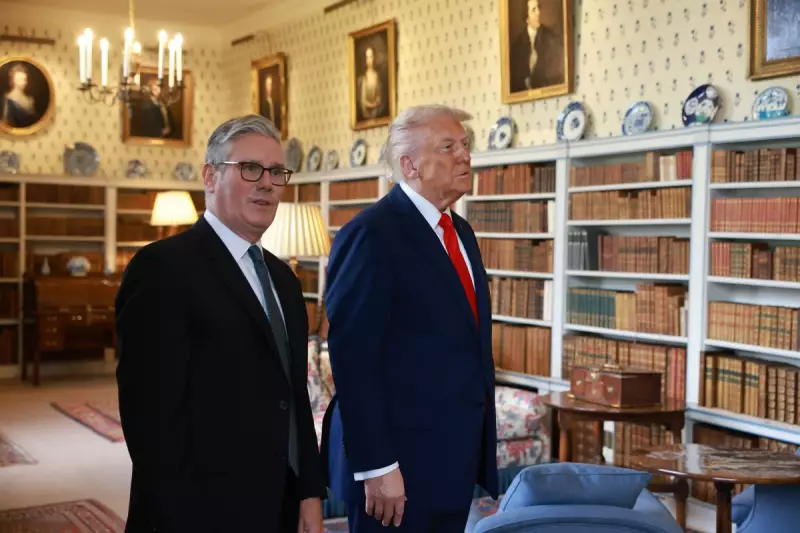
In a move that sets the tone for UK-US relations under the new Labour government, former President Donald Trump has issued a direct challenge to Prime Minister Keir Starmer regarding Britain's defence expenditure.
The controversial Republican figure, who is eyeing a return to the White House, used a campaign rally in Florida to pressure the UK to fulfil its NATO spending obligations. His comments come at a critical juncture, just days after Sir Keir's decisive electoral victory.
The Florida Warning
Speaking to supporters, Trump declared he would have "absolutely no patience" for NATO allies failing to meet the alliance's defence spending target of 2% of GDP. While not mentioning Starmer by name, the message was unmistakably directed at the new British leadership.
"We have a new guy in UK who I think is going to be very good, but he must understand that the United States expects all NATO members to pull their weight financially," Trump stated, adding he would not tolerate "delinquency" on defence commitments.
Starmer's Immediate Response
Downing Street was quick to respond, with the Prime Minister's official spokesperson affirming Britain's "unshakable commitment to NATO" and highlighting that the UK already meets the 2% GDP target.
Newly appointed Defence Secretary John Healey provided a more detailed response during his first visit to the Orkney Islands. "The message from the new government is clear: the 2.5% spending target on defence is a commitment we intend to keep," Healey asserted, though he declined to provide a specific timeline for achieving this increased expenditure.
Strategic Implications
This early exchange signals the complex diplomatic landscape awaiting the Starmer administration. Trump's comments represent the first direct intervention by a major foreign political figure since Labour's election victory.
Defence analysts suggest that while the UK currently meets the 2% benchmark, pressure to increase spending to 2.5% will intensify, particularly if Trump secures a second term in November. The timing creates a narrow window for the new government to establish its defence priorities and spending plans.
Broader Political Context
The intervention also highlights the continuing influence of Trump on the world stage, regardless of his current official status. His willingness to publicly pressure a key ally so soon after their election demonstrates his characteristic approach to international diplomacy.
For the Starmer government, balancing domestic spending priorities with international defence commitments will present an early challenge, particularly amid ongoing economic pressures and competing demands on public funds.
As both sides prepare for potential future negotiations, this opening exchange sets the stage for what could define UK-US defence relations for years to come.






